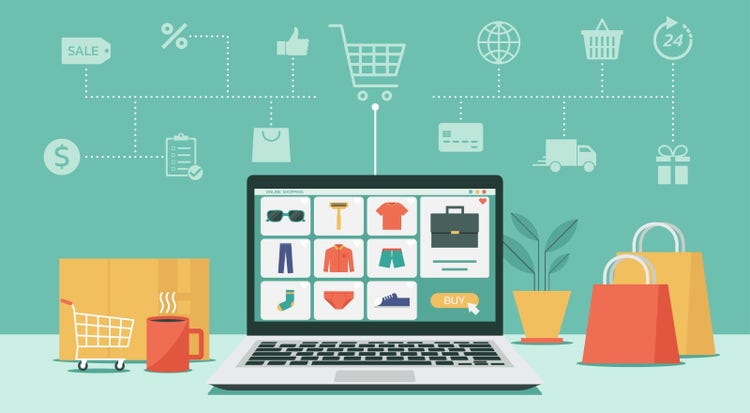Adobe Digital Economy Index: UK Online Spending Falls 2.9% in March to £8.2 Billion as Groceries and Other Essential Items Spike 9.1% in Price Year-Over-Year

The latest Adobe Digital Economy Index data from the UK, based on Adobe Analytics data, revealed UK consumers spent a total of £8.2 billion online in March 2023, down 2.9% from the previous month, and down 10.5% YoY, as consumers continued to keep a close eye on their finances.
Consumer spending power faced increased pressure in March as the online price of essential items also rose sharply, with groceries costing 9.1% more than they did last year, and pet products costing 13.7% more. In contrast, non-essential items such as sporting goods and home and garden products decreased in price compared with March 2022, with the b iggest price drops coming in toys (14.4% cheaper) and electronics (11.9% cheaper).
Continuing the trend from the first few months of 2023, Adobe Analytics data found that consumers were still making use of Buy Now Pay Later services to spread the cost of their online purchases. Buy Now Pay Later was used in 14% of all online purchases in March, on par with figures from February 2023, equating to £1.2 billion worth of orders. The average order value for Buy Now Pay Later purchases also rose by 1% compared with February 2023.
“We’re now three years on from the first UK lockdowns, and the significant increase we saw to ecommerce in response has proved permanent,” said Suzanne Steele, Vice President and Managing Director for Adobe in the UK. “The cost-of-living crisis continues to hit consumer wallets, with significant increases in grocery prices and rising bills impacting discretionary spending, causing people to turn to Buy Now Pay Later services to manage their finances.”
The Government’s Spring Budget also caused consumers to tighten their purse strings, having been reminded of the economic challenges facing the UK. Consumer spending levels were down 6.6% YoY during the first two-weeks of March (prior to the Spring Budget), and down 13.9% YoY in the two-week period after the Budget announcement.
As consumers prepared for Mother’s Day, products such as dressing gowns, silk pillowcases and sleeping masks, and flowers were all popular – with data showing that spending accelerated in the lead up to Mothering Sunday.
The shift towards the digital economy however, continues at pace with UK consumers spending 29.2% more on online purchases compared with March 2020, when Covid restrictions on retail came into effect. That increase represents an 8.9% annualised growth rate over the last three years.
Additional insights include:
Steady growth of mobile continues
- The trend towards mobile shopping is continuing, with March seeing even more spending coming from the palm of consumers’ hands – with 3 in 5 (57.1%) of purchases taking place on smartphones, representing a 4.7% YoY increase in share.
- Overall, consumers spent £4.7 billion with their mobile devices in March this year.
Consumers opt for Click and Collect as many return to offices and try to save on shipping
- This fulfilment method was used in 8.7% of online orders in March (for retailers who offered the service), down slightly from 8.9% the previous month, but up from 7.5% in the year prior – which could suggest that more people are using this fulfilment method to avoid missed deliveries as they return to offices and to save money on shipping costs.
About the Adobe Digital Economy Index
The Adobe Digital Economy Index (DEI) used Adobe Analytics to analyse tens-of-billions of visits to retail sites from UK consumers, 100 million SKUs, and 18 product categories in the period March 1st to March 31st 2023, to provide the most comprehensive view of the UK digital economy. Adobe Analytics is part of Adobe Experience Cloud, relied upon by major retailers to deliver, measure, and personalise shopping experiences online.
Global figures are based on analysis of over a trillion visits to ecommerce sites and direct transaction data of consumers from over 80 countries – more than any other technology company or research firm.
Find out more about the Digital Economy Index here.